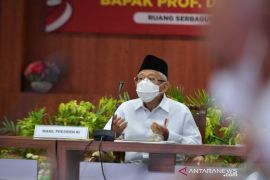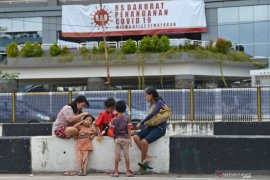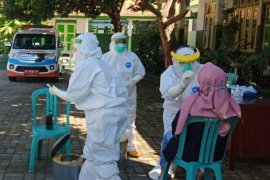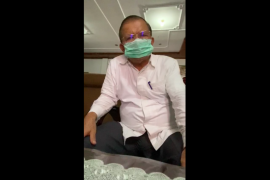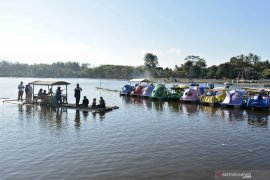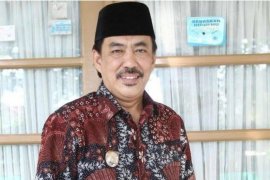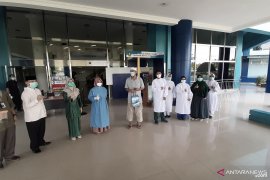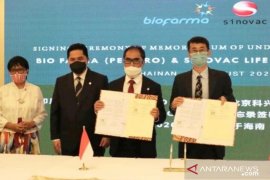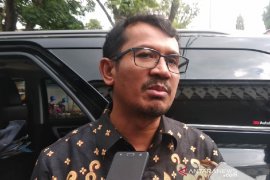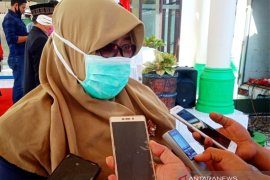"The products of medical equipment and pharmaceutical industries are in high demand. We need to capitalize on this to make Indonesia self-reliant in the health and pharmaceutical sectors," Minister of Industry Agus Gumiwang Kartasasmita stated during a virtual meeting with the Association of Indonesian Medical Devices Manufacturers (Aspaki) and Association of Pharmaceutical Entrepreneurs on Wednesday (May 13), as quoted in a press statement from the Ministry of Industry here on Thursday.
The National Disaster Mitigation Agency (BNPB) has, so far, distributed some eight million medical devices, including personal protective equipment (PPE), googles, medical gloves, masks, and rapid test kits, for handling the COVID-19 outbreak. Furthermore, 10 million tablets of medicines and vitamins have been distributed.
Kartasasmita pointed out that the average Domestic Component Level (TKDN) of medical devices has reached 25-90 percent. This indicated a positive accomplishment that must be maintained, so that the pharmaceutical and medical devices sector can optimize the utilization of raw materials originating from within the country.
"Increasing the utilization of TKDN is the main key, so that Indonesia can become a self-reliant country in terms of the development of medical devices and production of pharmaceuticals," he stated.
To encourage the development of the domestic drug raw material industry, the Ministry of Industry will immediately issue a ministerial regulation specifically regulating the procedures for calculating TKDN for pharmaceutical products. The new rules will support the development of raw materials and pharmaceutical research in the country.
"The calculation of TKDN for pharmaceutical products was earlier based on costs, with new rules being based on processes," he remarked.
This opportunity is also supported by the potential of raw materials for medicines sourced from nature that are widely available in the country. These Indonesian original raw materials can be developed into import substitution materials for the pharmaceutical industry in the context of developing modern medicines based on natural materials.
Currently, there is a trend of rising public consumption of health products that has the potential to grow and develop. Thus, the public will prioritize pharmaceutical spending.
During the meeting, the industry ministry also discussed the development of the ventilator industry being initiated in the country.
Currently, the Ministry of Industry is coordinating with four teams from universities -- the Jogja Team led by Gadjah Mada University, the University of Indonesia Team, the Bandung Institute of Technology Team, and Surabaya Sepuluh November Institute of Technology Team -- for the mass production of medical devices.
"The ventilators being developed by one of the universities are currently undergoing the stage of clinical trials and exploration with the industrial sector for mass production. We hope that in the near future, these ventilators would be produced immediately to meet domestic requirements," he noted.
The Jogja Team is currently using advanced technology to develop ventilators.
Related news: RAISA assists medical personnel in COVID-19 treatment
Related news: Number of COVID-19 recoveries in Indonesia totals 231 on Thursday
Related news: Indonesians should stay calm in facing COVID-19 ordeal: President
Translator: Risbiani, Fardah
Editor: Sri Haryati
Copyright © ANTARA 2020

